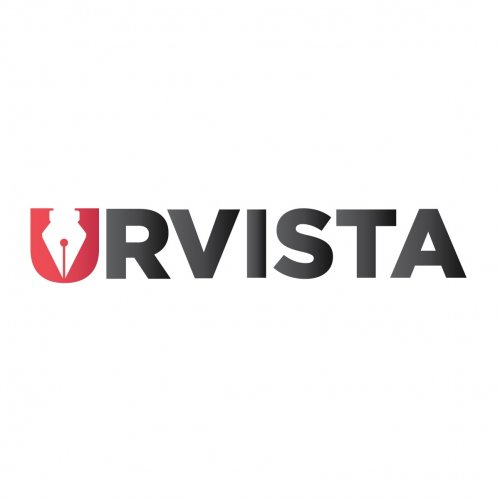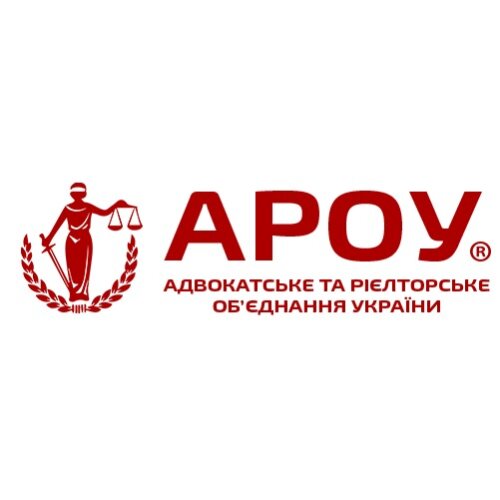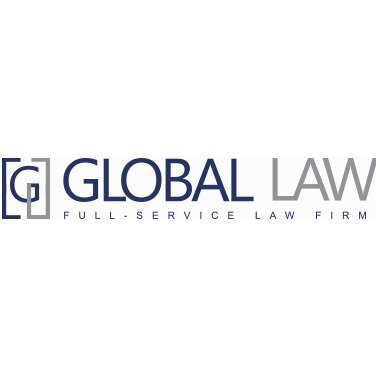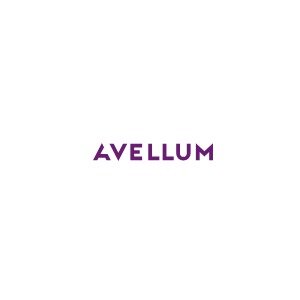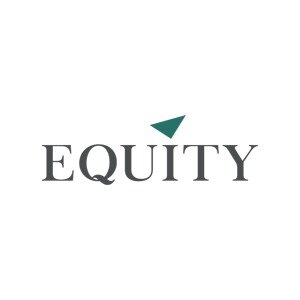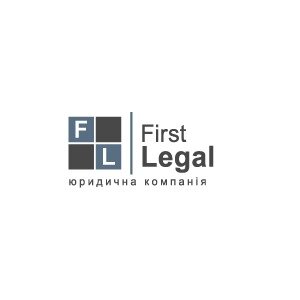Best Water Law Lawyers in Kyiv
Share your needs with us, get contacted by law firms.
Free. Takes 2 min.
List of the best lawyers in Kyiv, Ukraine
About Water Law in Kyiv, Ukraine
Water Law in Kyiv, Ukraine is a branch of environmental and public law focused on the use, protection, and management of water bodies and resources. This area of law regulates everything from drinking water supplies to the use of rivers, lakes, and underground water resources. It also concerns water pollution, ownership of water bodies, water permits, and rights and obligations of users. Legislation is shaped by national laws, local regulations, and international agreements Ukraine is party to. In Kyiv, specific rules often apply regarding the Dnipro River and other significant water sources, reflecting their strategic, ecological, and economic importance.
Why You May Need a Lawyer
People or organizations may need a Water Law lawyer for multiple reasons. Common situations include:
- Disputes over water usage or access rights between neighbors, landowners, or businesses
- Obtaining permits for water extraction, usage, or for discharging wastewater
- Legal challenges surrounding water pollution or contamination allegations
- Development or construction projects near rivers, lakes, or protected water zones
- Enforcement actions or penalties from governmental water authorities
- Disputes involving privatization or transfer of water-related infrastructure
- Environmental advocacy efforts to protect public water interests
- Contesting decisions by local or national agencies regarding water allocation
Local Laws Overview
The key legal framework for Water Law in Kyiv is based on the Water Code of Ukraine. This national legislation is supplemented by local Kyiv regulations, especially concerning urban water management, zoning around water bodies, and resource protection. Important aspects include:
- Classification of water bodies as public or private, with most surface water considered state property
- Requirements for obtaining special use permits for significant water use or for discharging pollutants
- Environmental impact assessments (EIAs) required for projects affecting water bodies
- Restrictions on construction, farming, or industrial activities near riparian zones (shorelines)
- Sanitary protection zones established around water intakes for public drinking water
- Strict liability for polluting or unauthorized alteration of water bodies
- Local Kyiv authorities administering licenses, permits, and monitoring compliance
- Potential for criminal or administrative liability in cases of illegal use, pollution, or harm to water sources
Frequently Asked Questions
What law regulates water use and protection in Kyiv?
The main law is the Water Code of Ukraine, along with regulations set by the Kyiv City Administration and environmental protection agencies.
Who owns water bodies in Kyiv?
Most rivers, lakes, and major water sources are state property, managed on behalf of the people by government agencies.
Do I need a permit to use water from a river or well?
Yes, for significant or commercial use you require a special permit. Domestic small-scale use may be exempt, but this depends on specific circumstances and location.
What are the penalties for unauthorized water use or pollution?
Penalties may include administrative fines, compensation for damages, revocation of permits, or even criminal prosecution in severe cases.
Can I build near a river or lake in Kyiv?
Construction is heavily regulated near water bodies. Setbacks and special protective zones apply, and you usually need permits and an environmental assessment.
Who enforces water protection laws in Kyiv?
The State Water Resources Agency, environmental inspectorates, and Kyiv’s Department of Environmental Protection ensure compliance and enforcement.
How are water pollution disputes resolved?
Disputes can be addressed by administrative proceedings, or escalated to courts. Mediation is sometimes possible in less severe cases.
Are there special rules for water use in agriculture or industry?
Yes, there are separate guidelines based on the purpose and volume of use, with permits and technical standards for different industries and agricultural operations.
What should I do if my drinking water is contaminated?
Contact your local water supplier and environmental authority immediately for investigation. Legal action may be required for compensation or remediation.
Can foreign individuals or companies use local water resources?
Foreign entities can access and use water resources in Ukraine, but they must comply with licensing, taxation, and environmental regulations just like Ukrainian citizens and businesses.
Additional Resources
If you are seeking more information, consider reaching out to:
- State Water Resources Agency of Ukraine - the main government regulator for water management
- Kyiv City Administration, Department of Environmental Protection - local permits and compliance
- Ministry of Environmental Protection and Natural Resources of Ukraine
- Ukrainian environmental NGOs focused on water (for public advocacy and legal support)
- Official government portals and legal databases publishing laws and regulations
Next Steps
If you need legal assistance in Water Law in Kyiv, Ukraine, consider the following steps:
- Gather all relevant documents and information regarding your issue, such as permits, correspondence, and evidence of any disputes or violations
- Identify the specific legal question or problem you are facing
- Consult with a licensed lawyer or law firm specializing in environmental or Water Law
- Contact the appropriate government authority to learn about applicable regulations and procedures
- Be prepared for mediation or negotiation if recommended by your lawyer
- If enforcement or criminal issues are involved, consider urgent legal representation and inform the authorities as needed
Lawzana helps you find the best lawyers and law firms in Kyiv through a curated and pre-screened list of qualified legal professionals. Our platform offers rankings and detailed profiles of attorneys and law firms, allowing you to compare based on practice areas, including Water Law, experience, and client feedback.
Each profile includes a description of the firm's areas of practice, client reviews, team members and partners, year of establishment, spoken languages, office locations, contact information, social media presence, and any published articles or resources. Most firms on our platform speak English and are experienced in both local and international legal matters.
Get a quote from top-rated law firms in Kyiv, Ukraine — quickly, securely, and without unnecessary hassle.
Disclaimer:
The information provided on this page is for general informational purposes only and does not constitute legal advice. While we strive to ensure the accuracy and relevance of the content, legal information may change over time, and interpretations of the law can vary. You should always consult with a qualified legal professional for advice specific to your situation.
We disclaim all liability for actions taken or not taken based on the content of this page. If you believe any information is incorrect or outdated, please contact us, and we will review and update it where appropriate.




